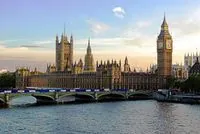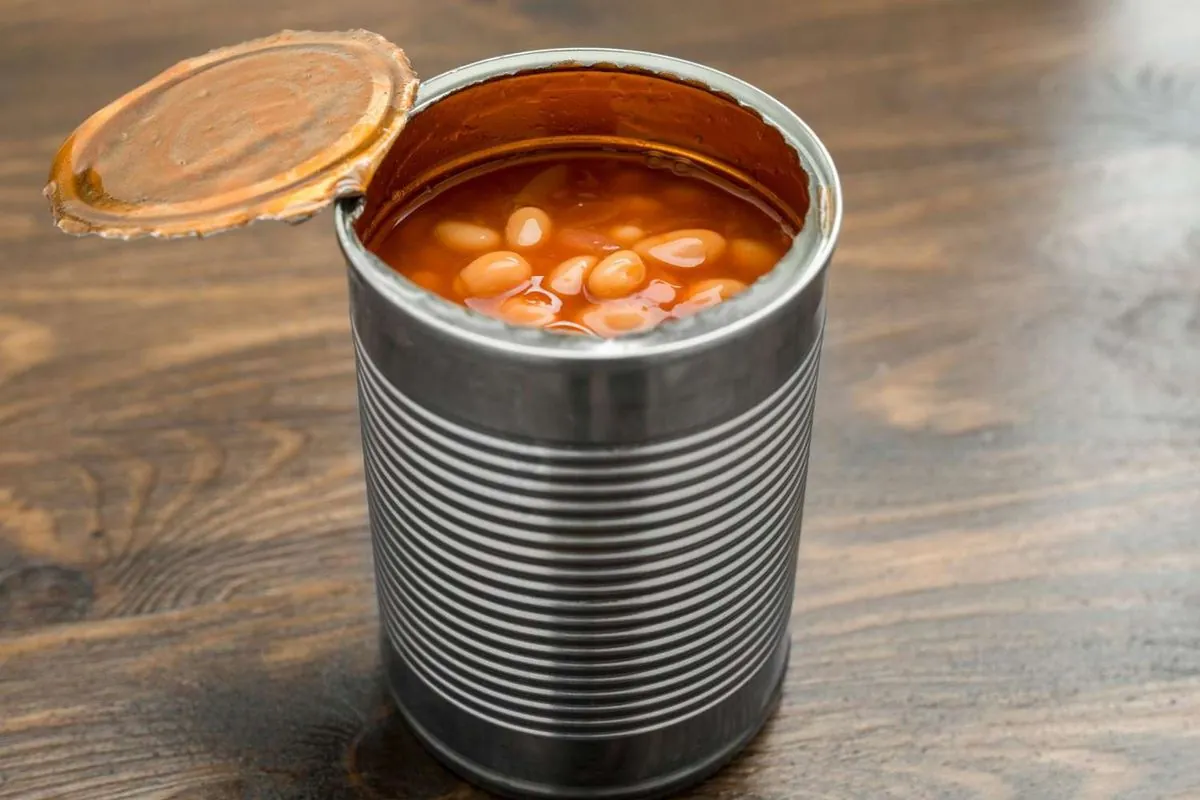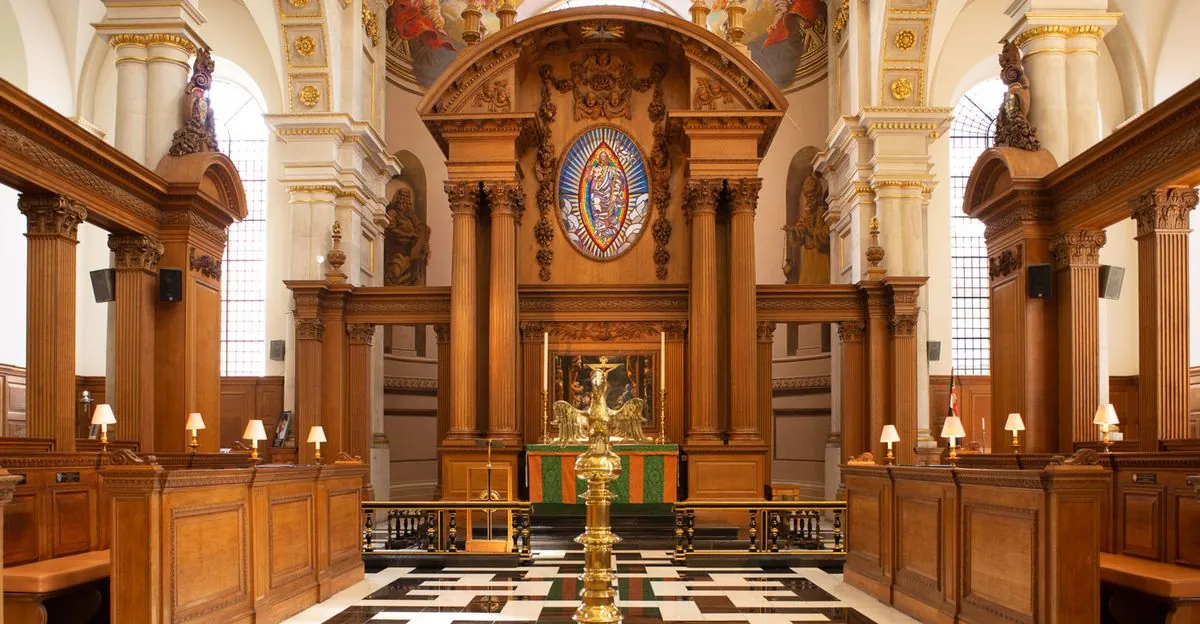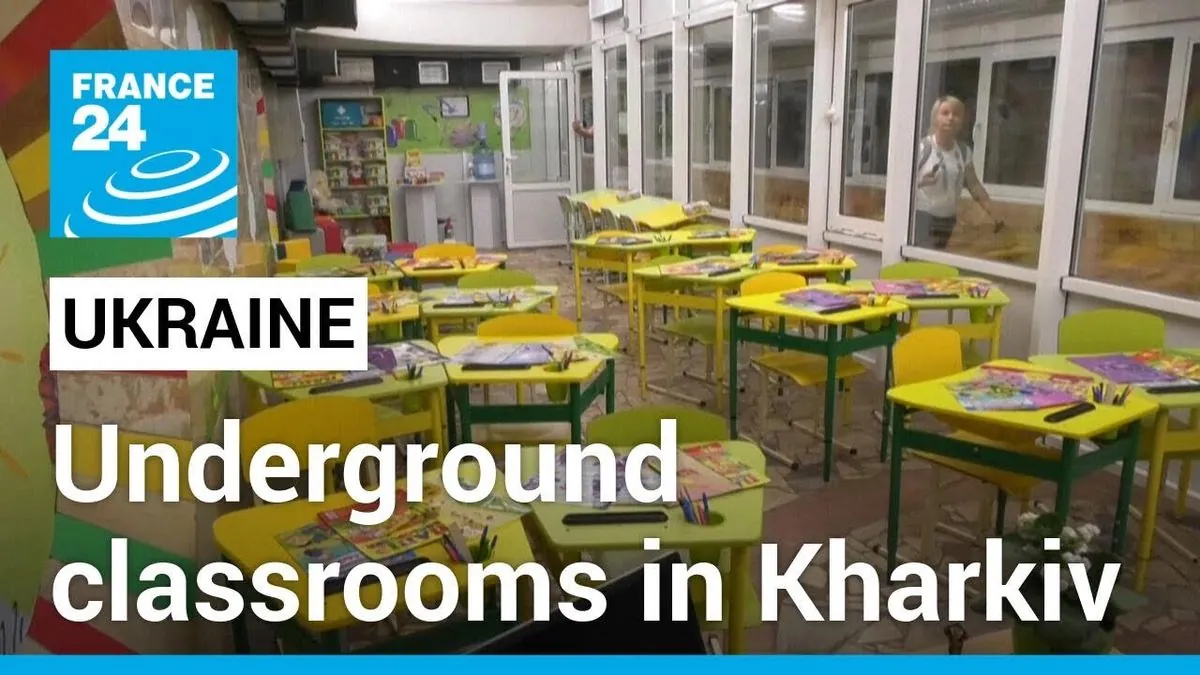Galloway National Park Protesters Allege Dirty Tricks Campaign
Opponents of a proposed national park in Galloway, Scotland, claim their campaign is being sabotaged through banner removal and social media interference. The controversy highlights growing tensions over the project.
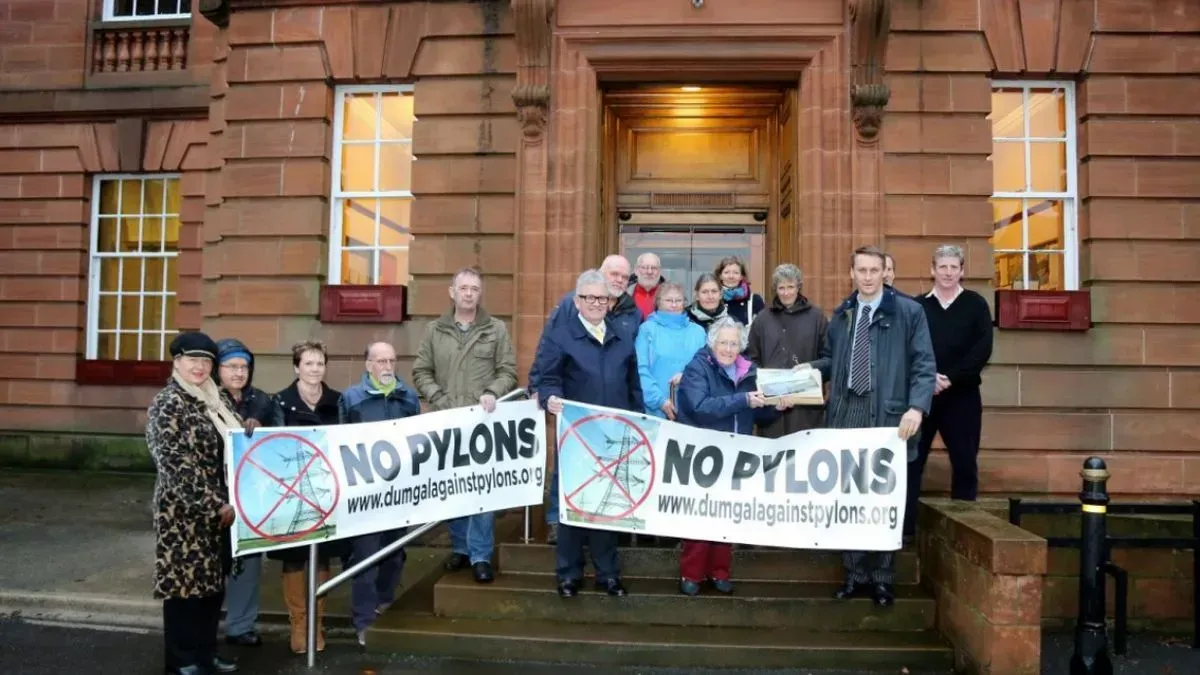
In a contentious development surrounding the proposed national park in Galloway, Scotland, protesters are alleging a coordinated effort to undermine their opposition campaign. The controversy has emerged as the Scottish Government considers establishing the country's third national park in this southwestern region, known for its diverse landscapes and rich biodiversity.
Opponents of the park, primarily local farmers and residents, claim their efforts to voice concerns are being systematically disrupted. Liz Hitschmann, co-founder of the No Galloway National Park campaign, expressed disappointment over what she termed "dirty tricks" employed by park supporters. These alleged tactics include the removal of protest banners and interference with social media activities.
The proposed national park, which would encompass approximately 347,000 hectares, aims to conserve the region's unique environment. Galloway, with its forests, lochs, and coastal areas, has been recognized as a UNESCO Biosphere Reserve since 2012, highlighting its ecological significance. The area is home to rare species such as red squirrels and golden eagles, adding to its conservation value.
However, the plan has met with significant resistance from the farming community. The National Farmers Union Scotland reports that 93% of its members in the area oppose the park's creation. Farmers express concerns about potential increases in bureaucracy and the prioritization of tourism over agricultural needs, which could impact food production in a region known for its dairy farming and the distinctive Galloway cattle breed.

Dawn Millar, a local beef and sheep farmer, shared her experience of having a protest banner removed from her property. Similarly, Robert Gladstone reported the theft of banners from his estate, describing it as a "dishonourable and criminal act." These incidents have raised questions about respect for free speech and property rights in the ongoing debate.
The controversy extends to the digital realm, with allegations of social media interference. Denise Brownlee, co-founder of the opposition campaign, claims that their Facebook posts are being systematically reported and removed, labeling their content as coming from "dangerous individuals or organisations."
"It's extremely disappointing to see these alleged tactics. The plans should be halted before this unnecessary division in the community gets any worse."
The proposed national park is part of a broader conservation strategy in Scotland, which already boasts two national parks: Loch Lomond and The Trossachs, established in 2002, and Cairngorms. These protected areas are managed by National Park Authorities, balancing conservation with sustainable development and tourism.
Fergus Ewing, a former Scottish rural affairs secretary, strongly condemned the reported tactics, urging Galloway residents not to be intimidated. The situation underscores the complex challenges in balancing environmental conservation, economic development, and local community interests.
As the consultation process continues, with government agency NatureScot set to meet opponents, the debate over the Galloway National Park highlights the delicate balance between preserving natural heritage and addressing the concerns of local communities. The Scottish Government is expected to make a decision on the park's future by the end of April 2025, a decision that will undoubtedly have far-reaching implications for the region's landscape, economy, and community dynamics.























